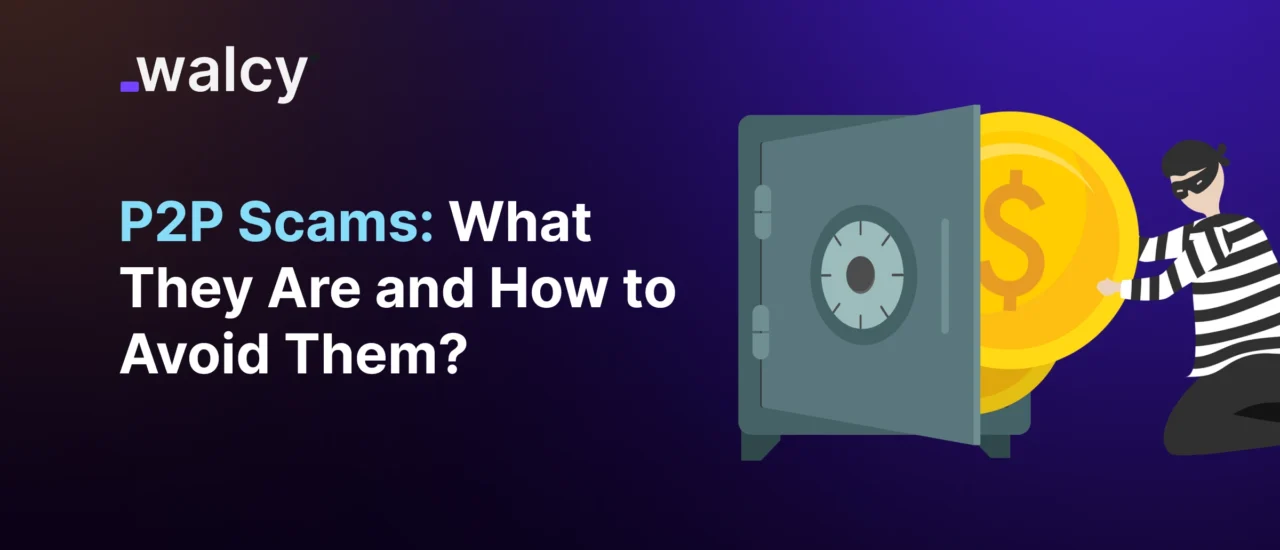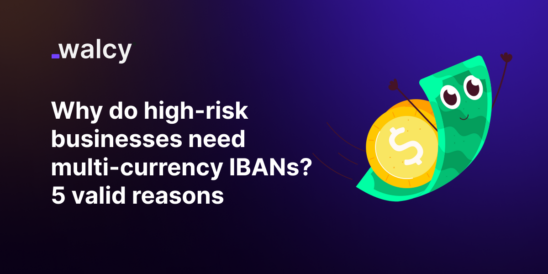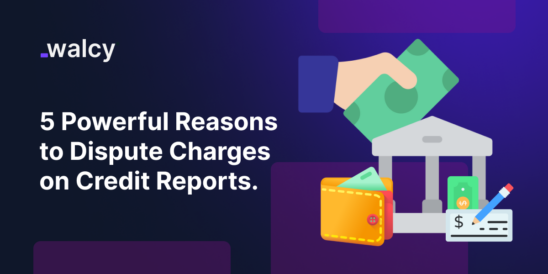While digital platforms have been formed to facilitate the transfer of money and other assets, there has been a great rise in P2P scams, or peer-to-peer scams. Because more people are using P2P software for payments, file sharing, and various transactions, some fraudsters will notice such convenience even in their modus operandi.
To stay safe in today’s digital economy, you must understand how those frauds work and how to protect yourself from these kinds of scams.
What is a P2P Network?
P2P stands for an acronym for a network that works without a central authority or intermediary but allows peer users to interact and grant access to resources directly with one another. In more classic client-server models of computing, there is a central server housing data and managing that information by request from clients, typically users.
On the other hand, in P2P networks, processing and storage workload is distributed among resources provided by participants’ devices, referred to as “peers.” Each peer is at once a client and server, feeding resources like files, data, or services to the network and drawing them from the network.
Efficiency, resiliency, and scalability comprise the architecture for which P2P networks are designed. They power applications and platforms ranging from file-sharing services, such as BitTorrent, to payment apps, such as Venmo and PayPal, all the way to online marketplaces like eBay. Essentially, they take advantage of the computing powers of many interconnected devices to perform certain tasks in a much more effective manner than could be achieved by a centralized system.
However, the same novelty that is contained in the concept of P2P networks has also opened various opportunities for criminals. Con artists, hackers, and cybercriminals use this very lack of centralization to run several P2P scams, targeting users who might be unaware. Anyone who participates in anything on one of these services needs to understand the potential danger of using a P2P network.
Common Types of P2P Scams
-
Fraudulent Payments with P2P
In fraudulent P2P payment, scammers deceive victims into sending money via peer-to-peer payment applications such as Venmo PayPal, or Cash App. Once the money is gone, it is extremely hard to recover it and thus leaves the victim with no choice.
Rogue buyers/sellers: Frauds play the roles of buyers or sellers, asking to be paid through the P2P platforms. Once the money is sent, the scammer disappears and the product or service may never be seen. The scammers use fake profiles or stolen credentials to appear credible.
Impersonation: Scammers impersonate someone the target trusts, including a friend, family member, colleague, or anyone who needs an emergency loan or urgent payment. They often promise to pay it back but will disappear into the air right after the funds are wired.
How to Avoid P2P Payment Fraud
- Only send money to people you know and trust in person.
- Always verify with the person directly using a different communication mode should you get an unexpected payment request.
- Use networks that offer customer and client protection, like buyer protection policies of services such as PayPal, which would help recover funds lost in a case of fraud.
Read about: International Payment Fraud: Ultimate Guide For Businesses.
-
P2P Platform Scams
Several P2P platforms, which cater to various uses such as lending, cryptocurrency trading, or freelancing for example, can be abused by scammers. Fraudsters may create fake platforms or profiles to trick users into giving away money or sensitive personal information.
Scam websites: Frauds create fake websites that look real to attract customers. They promise the users a good deal and promise to be able to get loans, investments, or freelancing jobs. They ask the users to deposit money, after which the website gets closed, and the scammer disappears with their money.
Phishing accounts: Fraudsters even steal personal data on legitimate platforms. In this case, this includes Social Security numbers, bank details, or cryptocurrency wallets.
Read about: Online Payment Security: Best Practices to Keep Your Transactions Safe
How to avoid scams in P2P platforms:
To begin with, in using the platform, it is very much necessary that legitimacy is ensured. This will be achieved by reading the reviews of the particular lending platform, news about reported fraud concerning the platform, and looking out for security certifications or licenses.
Be wary of unrealistic offers from some of the platforms or users of these platforms that promise returns that sound too good to be true, especially those that would ask for an upfront payment or demand immediate disclosure of personal information.
Unless you are certain that the platform in issue is safe, never share important information such as Social Security numbers, credit card numbers, or login passwords.
-
Marketplace Scams
Fraudsters have time and again utilized P2P marketplaces like Craigslist, Facebook Marketplace, and eBay through false postings and scamming both buyers and sellers utilizing stolen credit cards.
Fake Listings: Frauds put up attractive but fake listings for any product and ask for upfront payments. Once the money is wired, the scammer is gone, and you never receive a product or a refund.
Stolen Credit Cards: Sometimes, thieves make purchases on stolen credit cards; as sellers get such an order, they ship products and never know that the payment gets canceled eventually. This may leave them out of money and goods.
How to Avoid Marketplace Scams:
- When able, meet buyers or sellers in person in a safe, public location to exchange goods and payments directly.
- Do not make purchase payments via wire transfer, gift card, or other difficult-to-track payments. Scammers often request these, as it is very hard to recuperate the money once sent.
- Also, make sure to verify the authenticity of a buyer or seller by checking his or her profile, ratings, and feedback for any transaction, and be wary of new or unverified accounts.
-
Ticketing Scams
In the case of ticket scams, fraudsters offer event tickets, concert tickets, or sporting event tickets at low values to attract victims to purchase from them, when in fact these may be at much higher prices. After making the payment, either the tickets never arrive or, if they do, they turn out to be fake when it comes time to use them.
Bogus Tickets: Scammers post fictitious tickets on websites or social media outlets and sell them at attractive prices. Once the money is paid, the scammer disappears, and the victim does not have valid tickets.
Duplicate Tickets: Sometimes, scammers sell the same valid ticket to several buyers. Only the first one who uses it gets in, while all others are refused entry.
How to Avoid Ticketing Scams:
- Always buy tickets from a serious trader or official website that will be able to give you guarantees and protect you against fraud.
- Be cautious with any person selling tickets at a price way below the real market value, for this is one red flag that is usually raised when facing a scam.
- Check reviews and feedback from previous buyers before buying tickets to ensure the seller’s credibility. Also, go for a secure mode of payment that has dispute options, just in case things go wrong.
How to Stay Safe on P2P Networks?
Use Reputable Platforms
Every transaction must be made on a reputed and well-established P2P software or services that have established themselves as safe over time. Most of the trusted platforms have implemented serious security features for the technology that protects your data during transactions. Check for services allowing 2FA to provide an extra layer of security.
For better security about your transaction, check fraud prevention policies on the part of the platforms. Read reviews about any P2P platform before use and look for security certifications that assure trust in such a platform.
Verify Transactions
In cases of either sending or receiving a payment, make sure to very carefully double-check all the details of the transaction, including verification of the identity of the other party, the amount involved, and the purpose. Be particularly wary of unsolicited requests for payments, especially from people you may not know.
That said, most scammers impersonate trusted contacts or create fake profiles; it is better to contact them directly outside the platform for confirmation of the request. This will save you from a potential scam. Take your time, and never hurry up a transaction without due diligence.
Educate Yourself:
Scammers often change their methods to come up with new ways of exploiting vulnerabilities in P2P networks. To keep yourself safe, learn about the recent types of P2P scams continuously. Follow the trend in cybersecurity blogs, subscribe to platform alerts, or set up news notifications on emerging scamming trends.
Knowledge of the ongoing fraud schemes will help you identify suspicious activities well in advance and not let you fall into the trap of a fraudster. Knowledge is your first line of defense against a dynamic digital environment.
Report Suspicious Activity:
Report immediately if suspicious behavior is noticed or if one becomes a victim of a scam. Most P2P services have specialized support teams to handle fraud-related matters. Reporting the incidents will take them down and prevent fraudulent accounts from operating further on the platform.
Reporting might sometimes also facilitate recovering lost money, especially if the platform comes with buyer protection. You can help protect not only yourself but also other people from falling into that trap by alerting the platform.
Conclusion
With peer-to-peer networks and P2P payment systems growing more integrated into daily living, this level of integration exposes users to both convenience and risk simultaneously. Scammers will never stop trying to exploit the vulnerabilities of these decentralized platforms through various schemes against users, ranging from P2P platform scams down to marketplace fraud.
It is important to be informed about other types of possible scams that may include but not be limited to fraud of payments, and ticketing scams amongst many others. Awareness is the first step to the safety of one’s finances and personal information.
Follow best practices that include using trusted platforms, verifying transactions, and being abreast of recent scam trends. In such light, you would bring down the chances of falling prey to these frauds by a long shot. Being proactive, cautious, and reporting suspicious activities not only helps protect you but also makes life safer for all users of such networks. Pay closer attention and make informed decisions to keep online transactions secure.
Do follow us on Facebook and LinkedIn, to stay connected with us.



